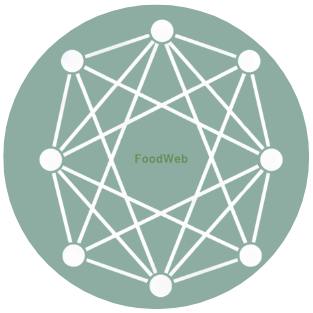The Surprising Consequence of Throwing Away Your Leftovers
Have you ever thrown away food that was still good because you didn't feel like eating it or thought it had been in the fridge for too long? You're not alone - according to a study conducted by the Natural Resources Defense Council, the average American household throws away over $2,000 worth of food every year, much of which is still edible.
While food waste has many negative consequences, there is one surprising consequence that often goes overlooked - the impact on climate.
When we throw away food, it doesn't simply disappear into thin air - it ends up in landfills, where it decomposes and releases methane gas into the atmosphere. Methane is a potent greenhouse gas that is 25 times more effective at trapping heat than carbon dioxide, and is a major contributor to global warming. In fact, the decomposition of food waste in landfills is responsible for 8% of global greenhouse gas emissions.
Furthermore, the energy and resources used to produce, package, and transport food that is ultimately wasted also contribute to greenhouse gas emissions. According to the United Nations, if food waste were a country, it would be the third largest emitter of greenhouse gases, after China and the United States.
So, what can we do to reduce food waste and its impact on the environment? Here are a few tips:
Plan meals and shop intentionally: Before you go grocery shopping, plan out your meals for the week and make a list of the ingredients you need. This can help you avoid buying more than you need and reduce the likelihood of food going to waste.
Store food properly: Proper storage can help food stay fresh longer. Make sure your fridge and pantry are at the right temperature, and store fruits and vegetables in the right conditions to keep them from spoiling.
Get creative with leftovers: Leftovers don't have to be boring - try repurposing them into a new meal, or freezing them for later use.
Compost: If you do end up with food scraps, consider composting them instead of throwing them in the trash. Composting can help reduce greenhouse gas emissions and create nutrient-rich soil for your garden.
By taking these simple steps, we can all do our part to reduce food waste and its impact on the environment. So next time you're tempted to throw away your leftovers, think twice - let’s change the way we eat one bit at a time.
